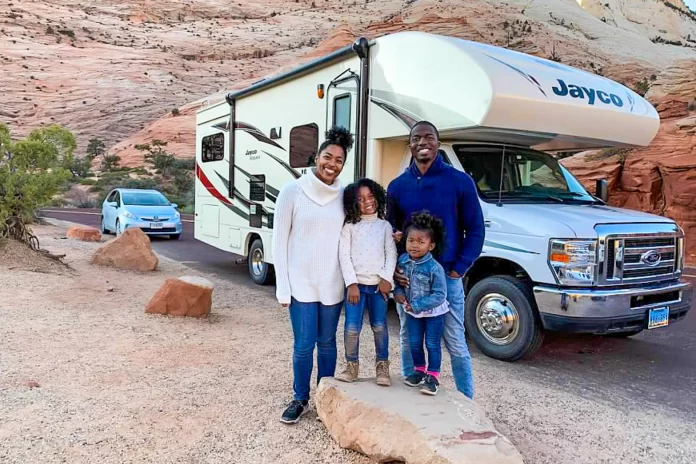1. Research Internet Options Before You Travel
Having a stable and fast internet connection in your RV can make a significant difference in your travel experience. To ensure that you have the best connection possible, research your internet options before you hit the road. Investigate mobile hotspots, Wi-Fi extenders, and cellular data plans to determine which option is best suited for your needs.
2. Choose a Provider with Reliable Coverage
When selecting a cellular data plan or mobile hotspot for your RV, it’s essential to choose a provider with reliable coverage in the areas you plan to travel. Consult coverage maps and customer reviews to find a provider that offers the best coverage for your needs.
3. Consider an Unlimited Data Plan
An unlimited data plan can be a game-changer for RV internet users, as it allows you to use the internet without worrying about data caps or overage fees. Some providers offer unlimited plans specifically designed for RV users, which may include additional features like better coverage in rural areas.
4. Use a Wi-Fi Extender to Boost Signal Strength
A Wi-Fi extender can help improve the signal strength of existing Wi-Fi networks, making it an invaluable tool for RV users who frequently stay at campgrounds with Wi-Fi. By placing the extender between your RV and the Wi-Fi source, you can enjoy a more robust connection.
5. Invest in a Quality Antenna
Purchasing a high-quality antenna can significantly improve your RV’s wireless internet connection. Look for an omnidirectional or directional antenna specifically designed for RV use, as these are built to enhance signal strength in mobile environments.
6. Test Different Locations for Optimal Signal Strength
When you arrive at a new destination, it’s important to test different locations around your RV to find the spot with the strongest signal. This may involve moving your hotspot, Wi-Fi extender, or antenna, or even relocating your RV within the campground.
7. Monitor Your Data Usage
If you’re using a cellular data plan, keep an eye on your data usage to avoid overage charges. Most smartphones and tablets have built-in features for tracking data usage, or you can download a third-party app for more detailed monitoring. Consider setting up usage alerts to notify you when you’re nearing your data limit.
8. Secure Your Wi-Fi Network
Protect your personal information and devices by securing your Wi-Fi network. Set up a strong password and enable encryption to prevent unauthorized access. Keep your devices updated with the latest security patches and software updates to further enhance security.
9. Utilize Public Wi-Fi When Possible
Taking advantage of public Wi-Fi networks can help you save on data usage and provide a backup option if your primary internet source is unavailable. Many campgrounds, coffee shops, and libraries offer free Wi-Fi to customers, but be cautious when using public networks, as they can be less secure than private connections.
10. Be Prepared with a Backup Internet Option
Having a backup internet option can be a lifesaver if your primary connection fails. Consider carrying a secondary mobile hotspot or having an alternative data plan on a different device such as yellow jacket Rv This will ensure you have a reliable connection, even if you encounter issues with your primary internet source.
Conclusion
A dependable and fast internet connection is essential for RV travelers, whether you’re working remotely, staying connected with loved ones, or enjoying entertainment on the go. By following these ten quick tips, you can enhance your RV internet experience and make the most of your travels








